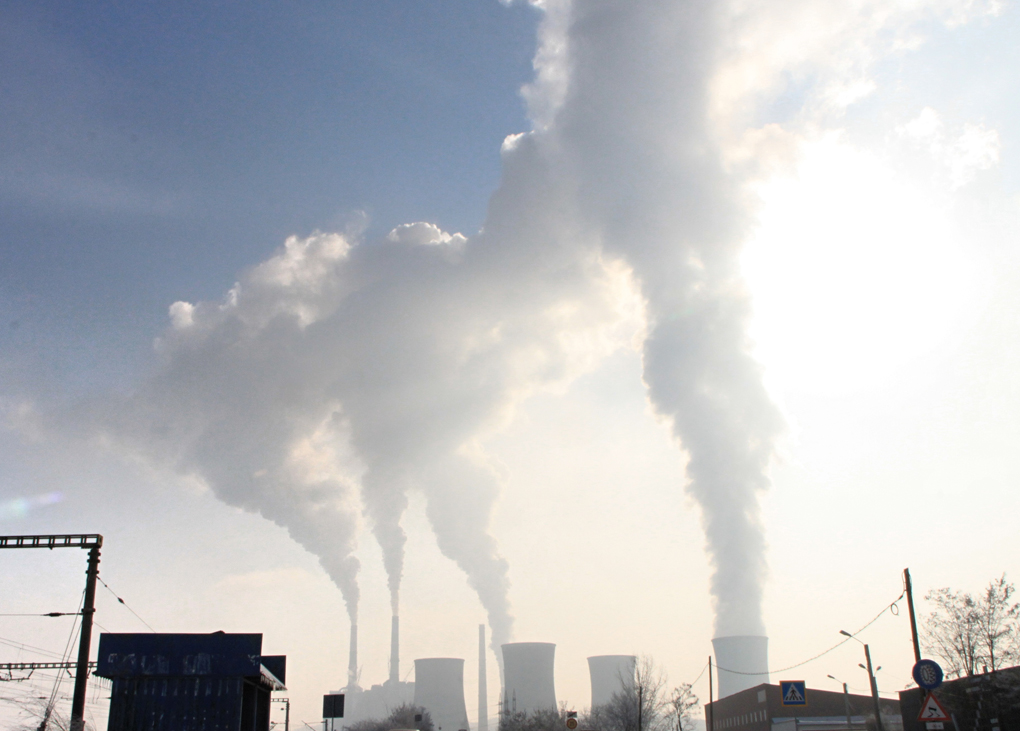The Australian government has released a series of recommendations from the Report of the Expert Panel examining additional sources of low cost abatement.
A panel chaired by former Business Council of Australia president, Grant King, looked at ways to incentivise low-cost abatement across the country, with a focus on the industrial, manufacturing, transport and agriculture sectors.
The release of the report looks to build on the success of the Emissions Reduction Fund and is the next step in the government’s approach to reducing emissions.
The King Review makes 26 recommendations across three broad themes:
- Enhancing the Emissions Reduction Fund to encourage greater participation
- Incentivising voluntary emissions reductions on a broader scale
- Unlocking the transformative low emissions technologies that businesses need.
The Minister for Energy and Emissions Reduction Angus Taylor says the government will look to deploy the $2 billion Climate Solutions Fund to support Australian farmers, businesses and communities to adopt new technologies that reduce emissions and increase efficiency and productivity.
“We have seen considerable success in the land and electricity sectors to reduce emissions – this is about supporting and capitalising on new and exciting opportunities in the agriculture, manufacturing, industrial and transport sectors to build on that success,” he says.
The recommendations align with the government’s technology-based approach to reducing emissions, which will be developed further through the Technology Investment Roadmap.
“These reforms will position Australia to overachieve on our 2030 Paris target while maintaining a strong economy,” Taylor says.
More information and the full report are available to read here.



Leave a Reply